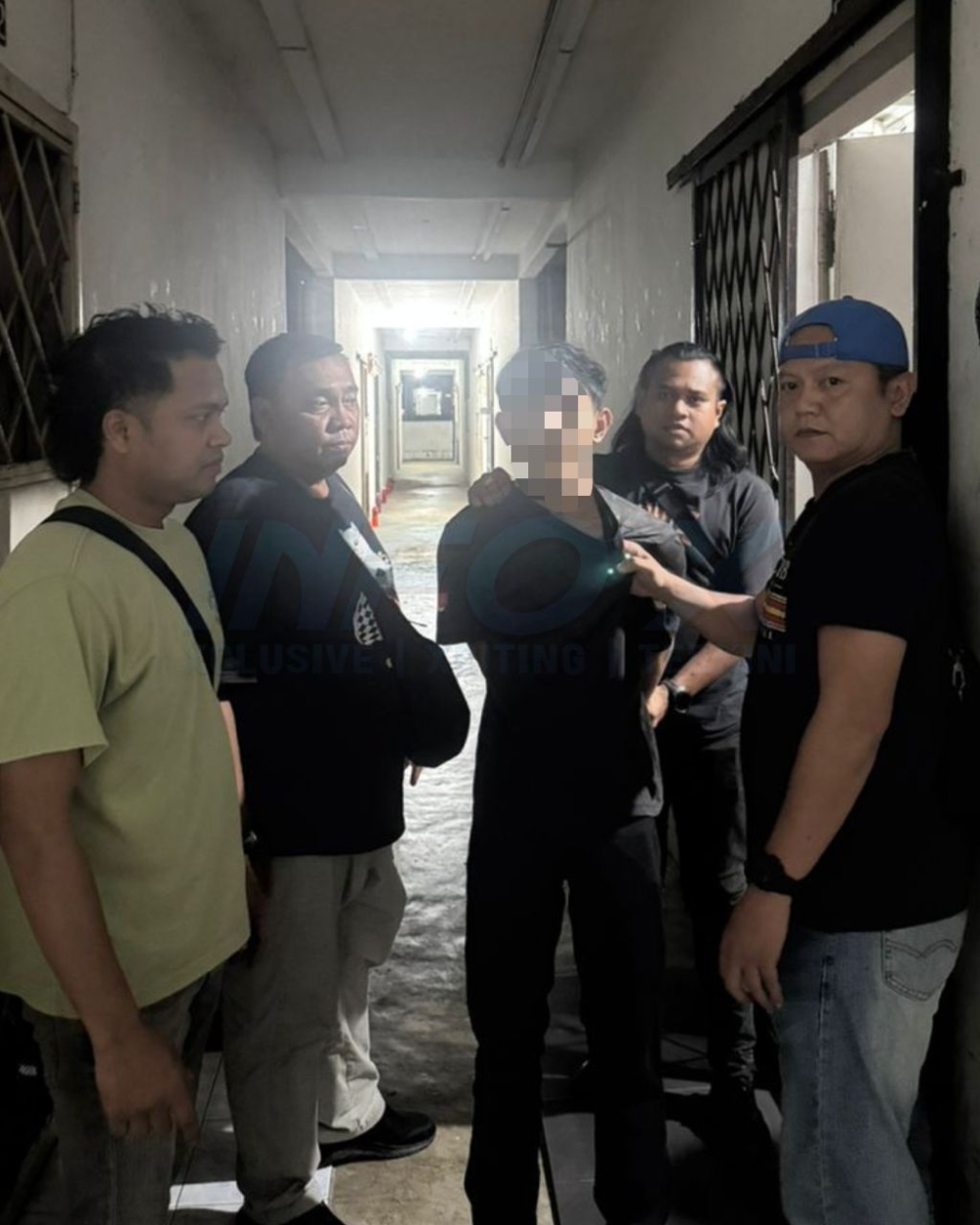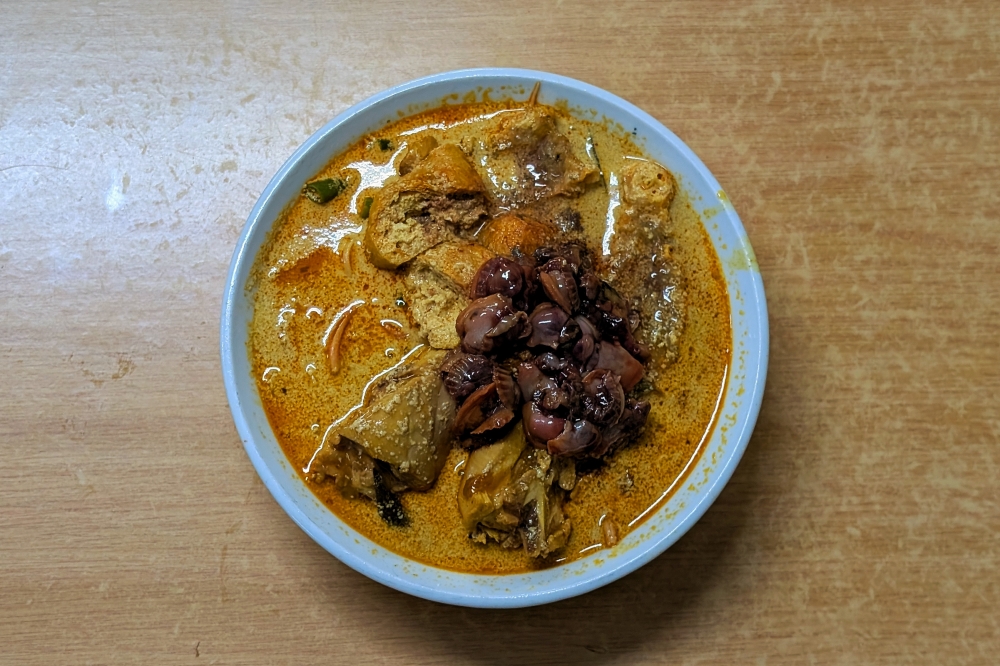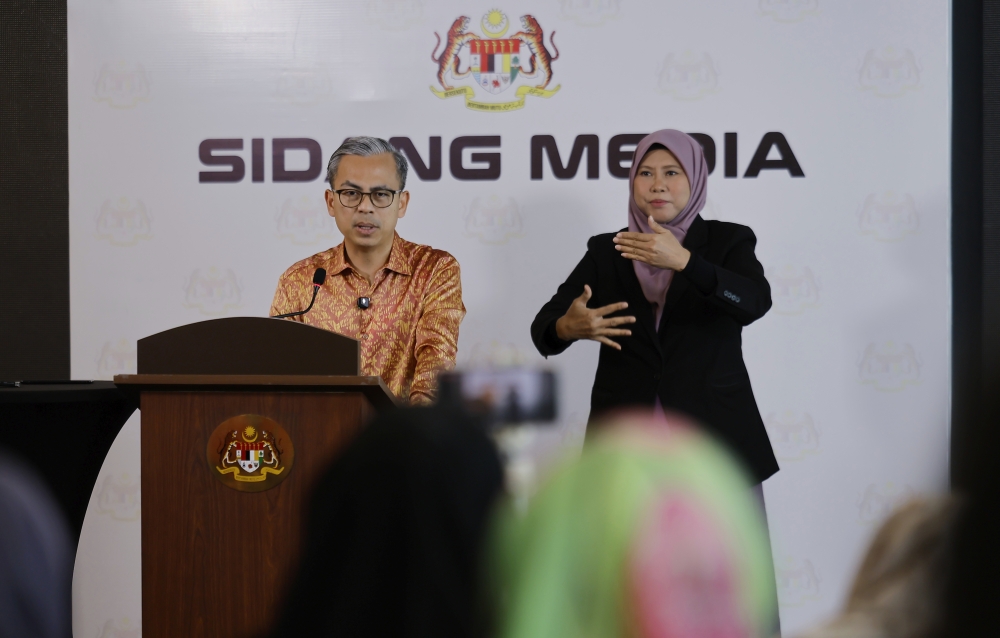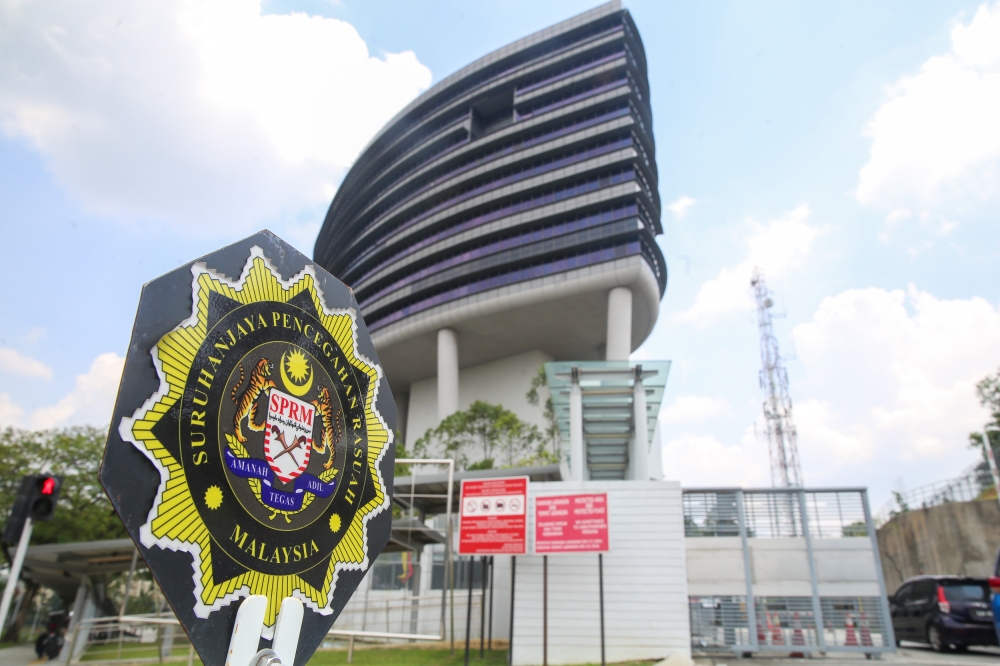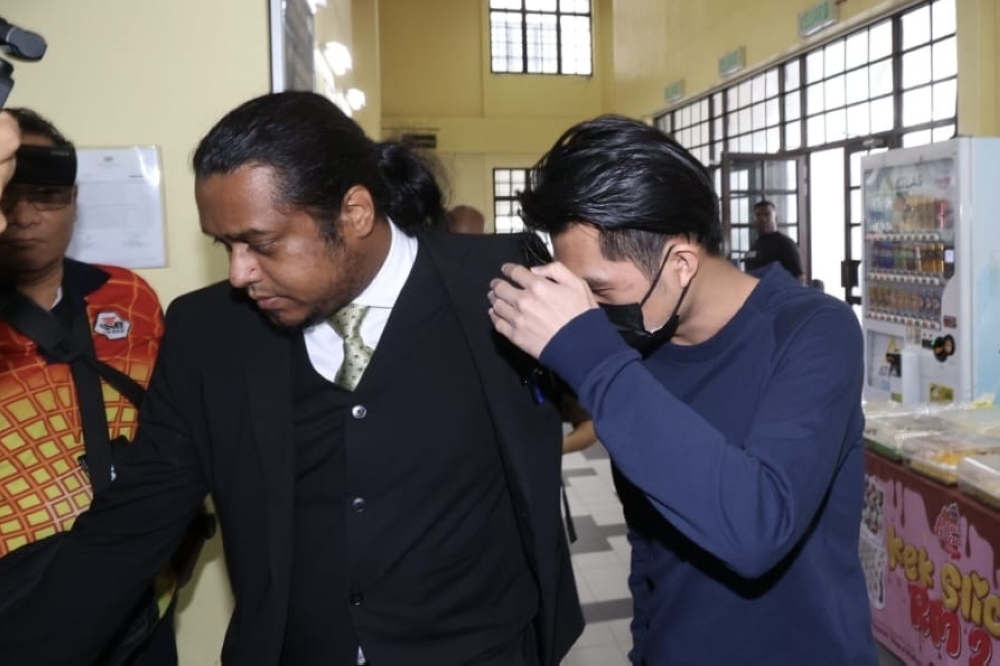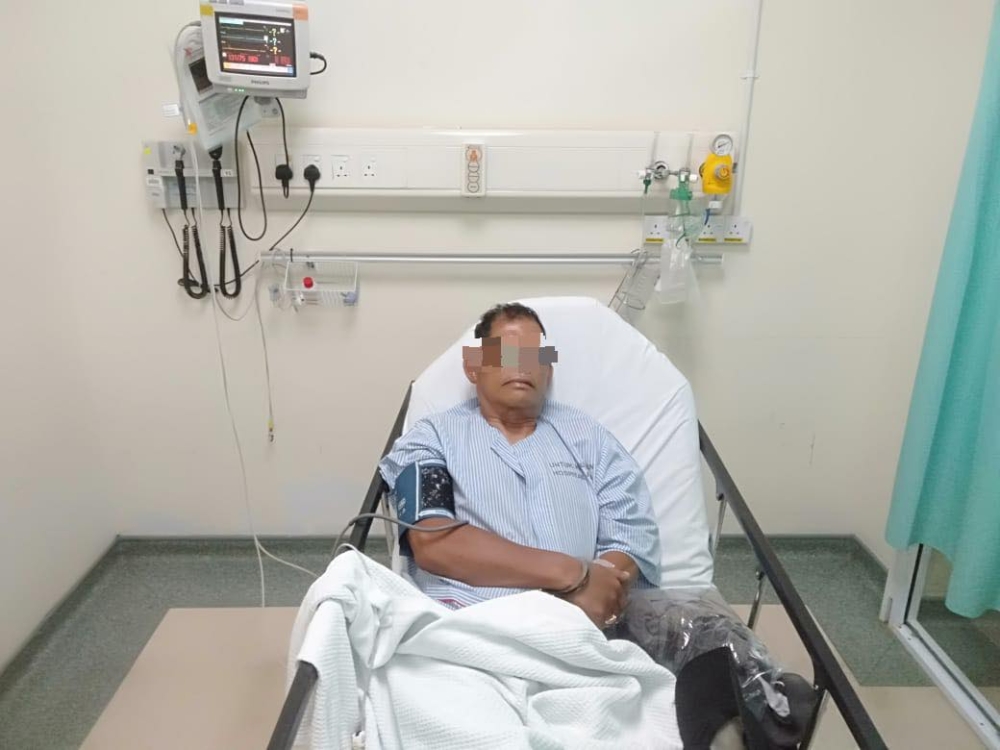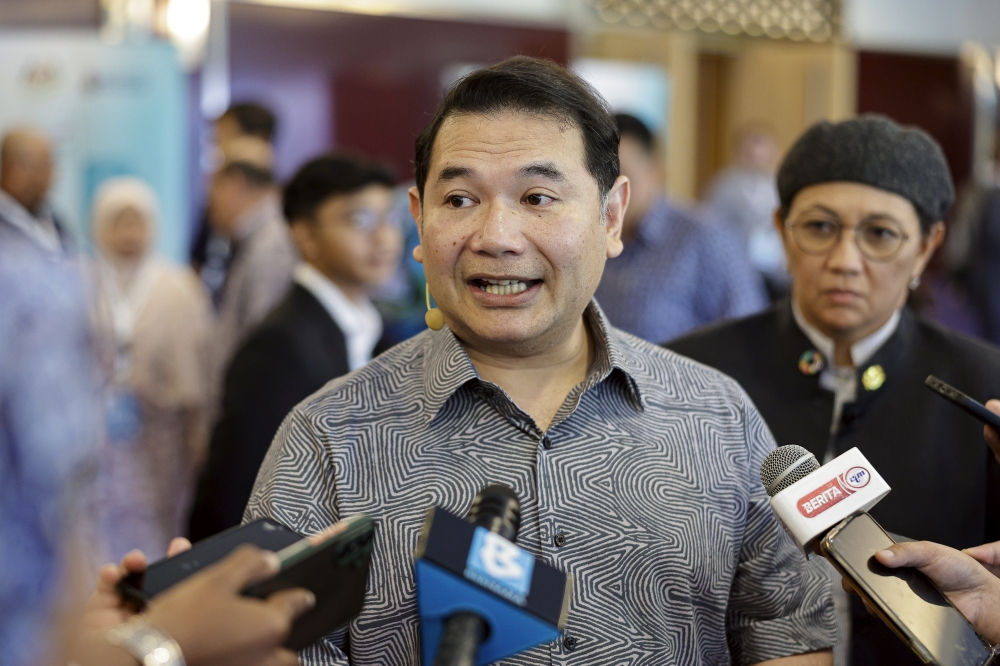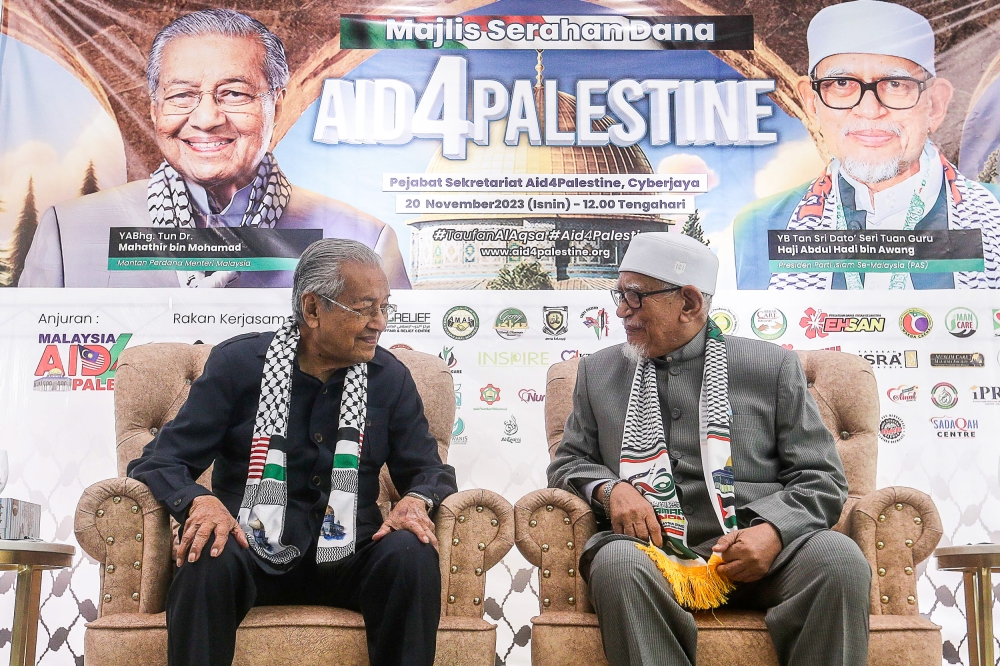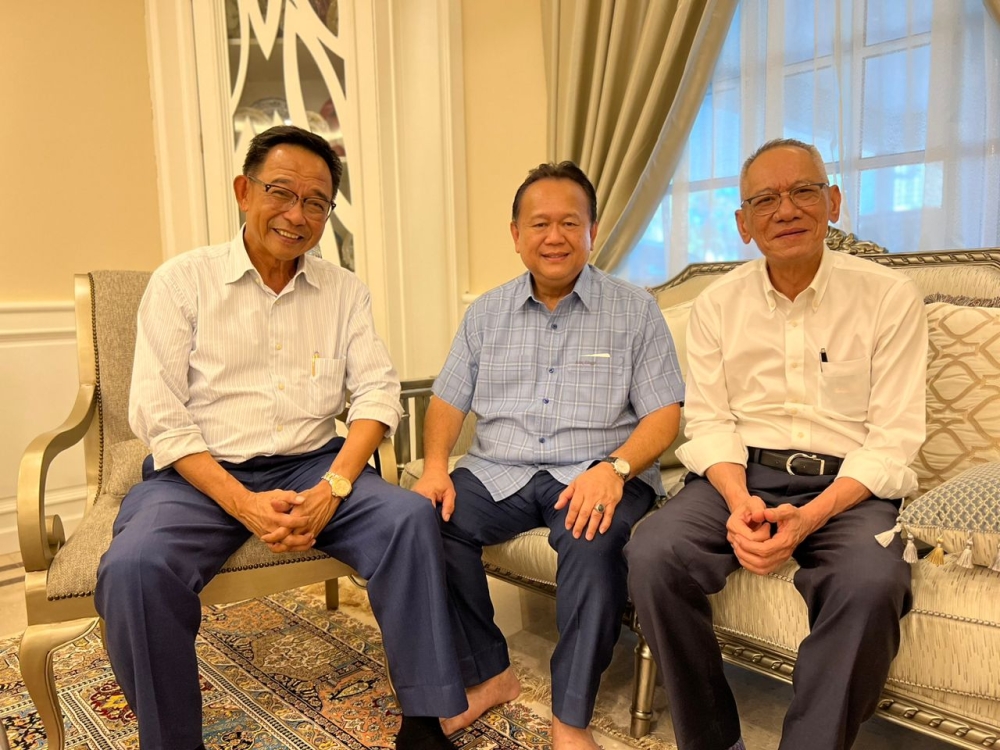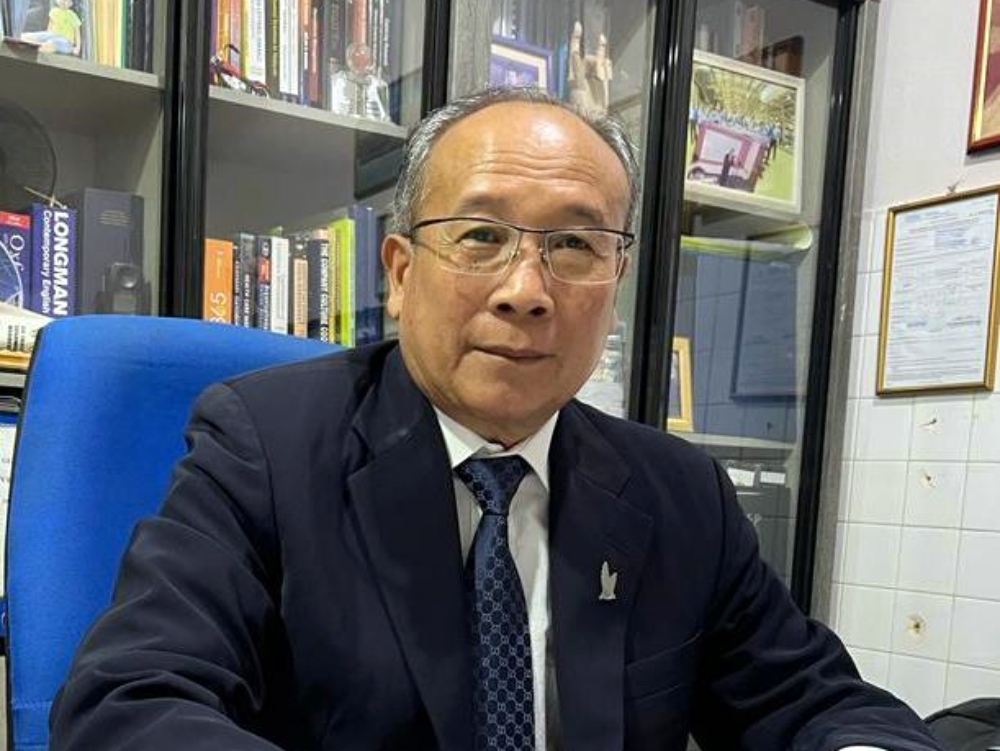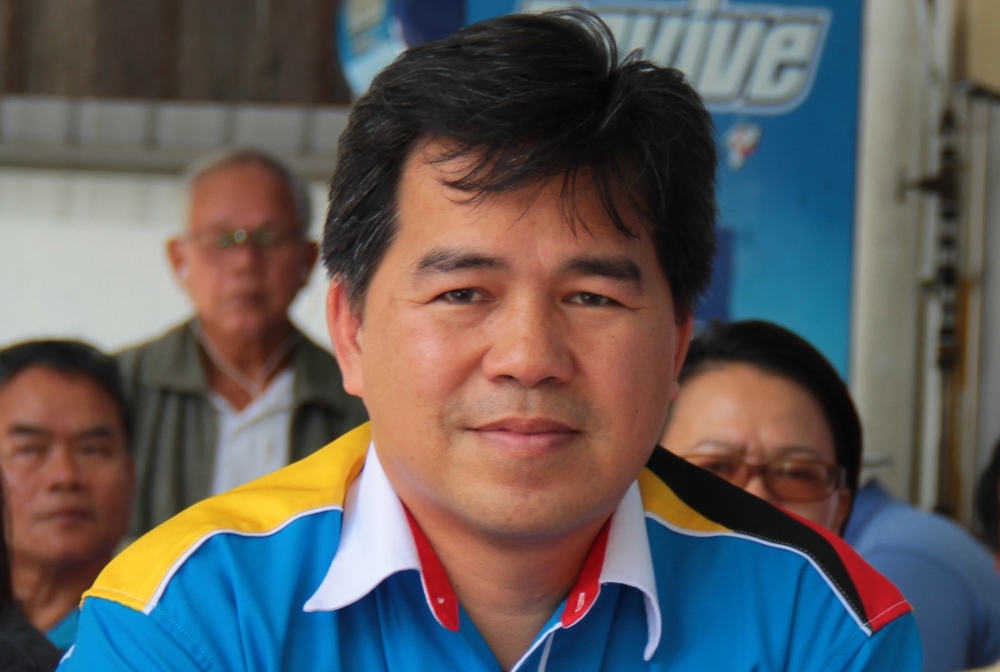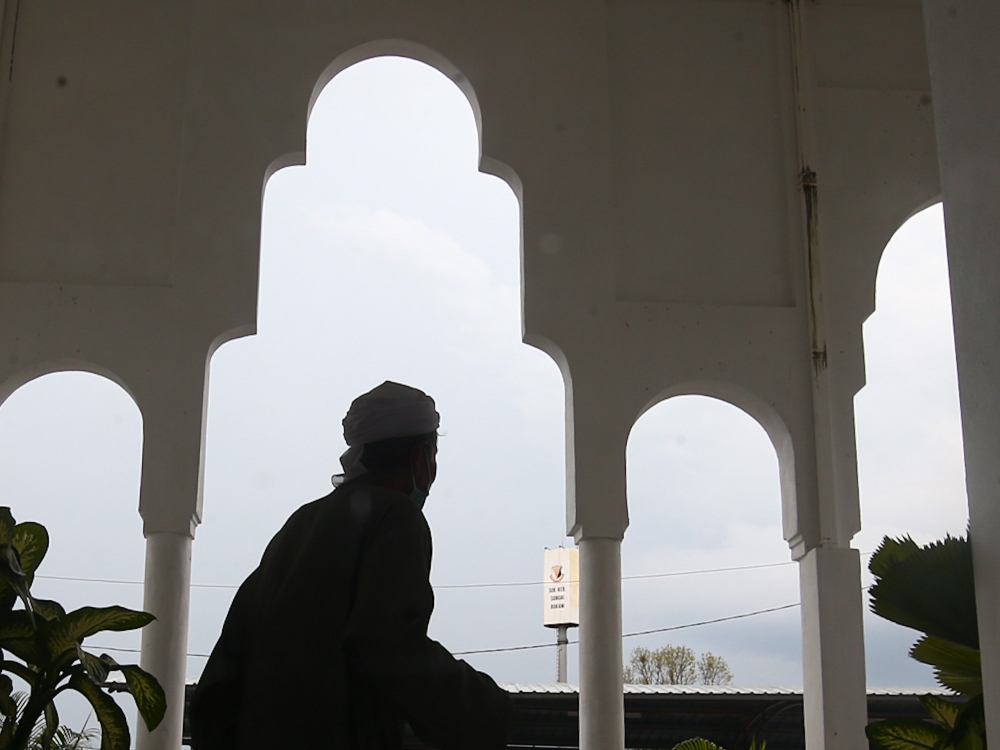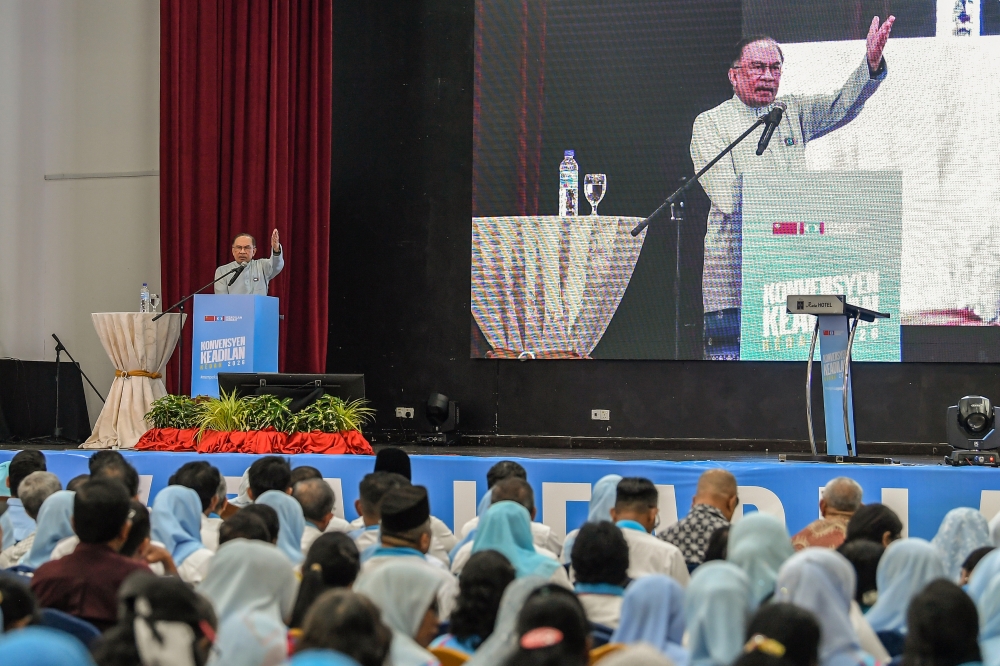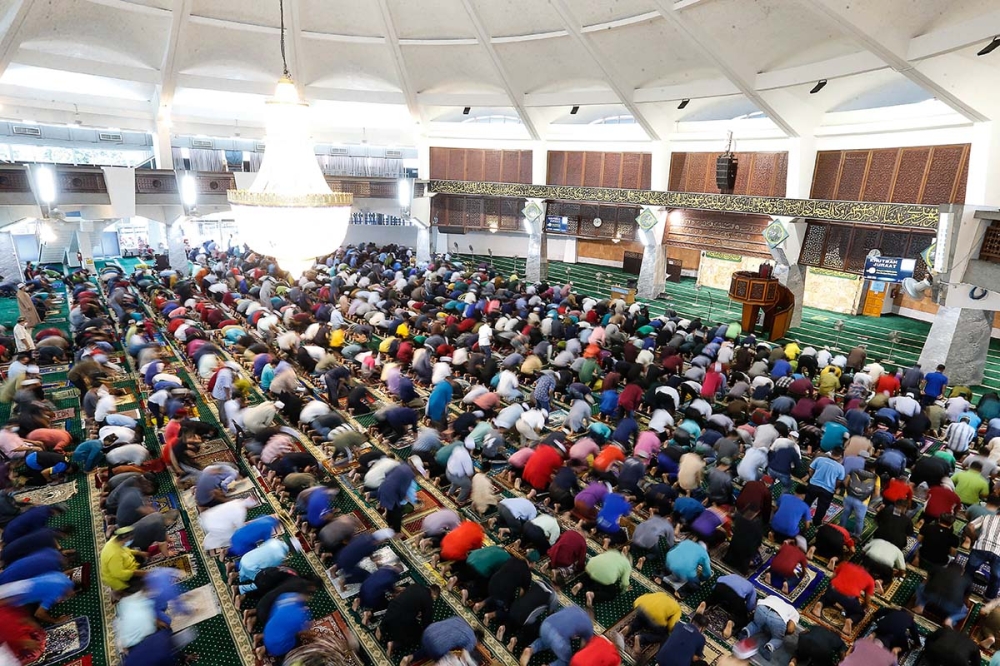PUTRAJAYA, Nov 20 — At a symbolic event to hand over donations for Palestinians besieged by Israeli troops in Gaza, Tun Dr Mahathir Mohamad and PAS president Datuk Seri Abdul Hadi Awang were non-committal about the call to grant Muslim refugees equal access to basic rights such as employment and education.
Dr Mahathir, seen as a leading voice in the global fight to Palestinian liberation, said he supported giving assistance “to those desperate for help” but said discussions about allowing refugees to get jobs or letting their children attend public schools should be held “later”.
He acknowledged that some 180,000 refugees and asylum-seekers in Malaysia live in a precarious state.
“This is something that is up to the government but I think those who don’t have money to eat, (and are) desperate should be helped,” he said in a brief press conference held at the end of the aid handover event organised by PAS-led civil society groups.
“The rest (we can discuss) later,” the 97-year-old added.
Hadi, who was seated next to the two-time former prime minister at the Aid4Palestine event here, refused to answer.
The United Nations High Commission for Refugees said as of October this year, there were over 180,000 refugees and asylum-seekers either residing in Malaysia or waiting for placement in other countries, including some 600 Palestinians.
Over 85 per cent of all the asylum seekers here are Muslims, with the majority being Muslim Rohingyas who fled persecution in their homeland Myanmar.
Past and current administrations remain opposed to calls to ratify the United Nations’ 1951 Refugee Convention or the 1967 Protocol Relating to the Status of Refugees, which human rights groups said have put refugees and asylum seekers in perpetual poverty because they are denied the right to work and access to public schools.
Without the ratification, Malaysia officially considers all refugees and asylum seekers to be undocumented migrants.
While children of asylum seekers can still get education from private schools, these schools tend to rely heavily on donations or grants that make them susceptible to shocks. During the Covid-19 crisis, many of these schools were forced to shut down as funding was redirected elsewhere.
Meanwhile, many of the adults are forced to work in the shadow economy where abuses are rife. Their refugee status, which makes work illegal, means many are denied the right to redress.
Grassroots activists and journalists who work with refugees said there is jarring dissonance between the Malaysian government’s international position about conflicts in the Muslim world and how it treats Muslim refugees at home, drawing accusations of hypocrisy.

